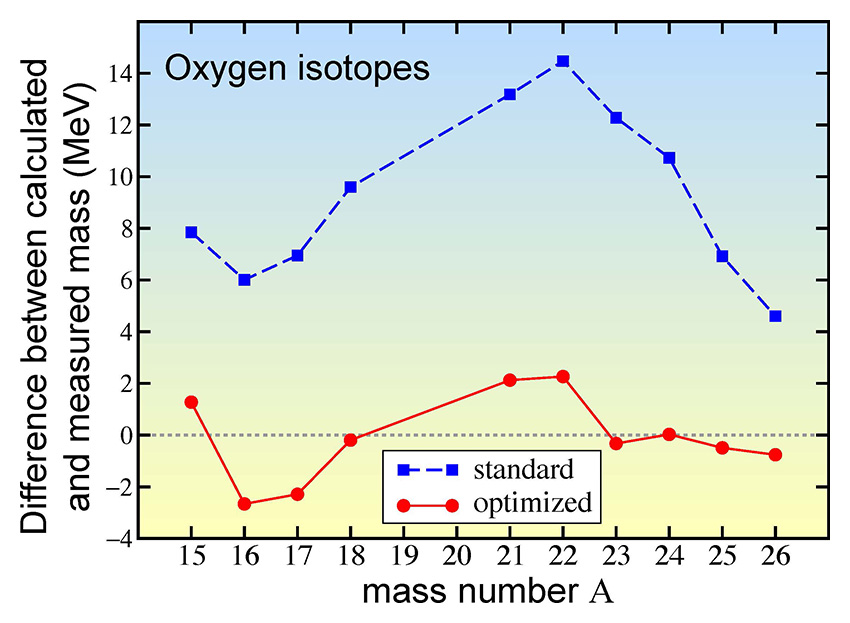
Streamlining the Nuclear Force
An optimized nuclear force model yields a high-precision interaction with an unexpected descriptive power.

An optimized nuclear force model yields a high-precision interaction with an unexpected descriptive power.

Scientists make the first experimental determination of the weak charge of the proton and extract the weak charges of the neutron and up and down quarks.
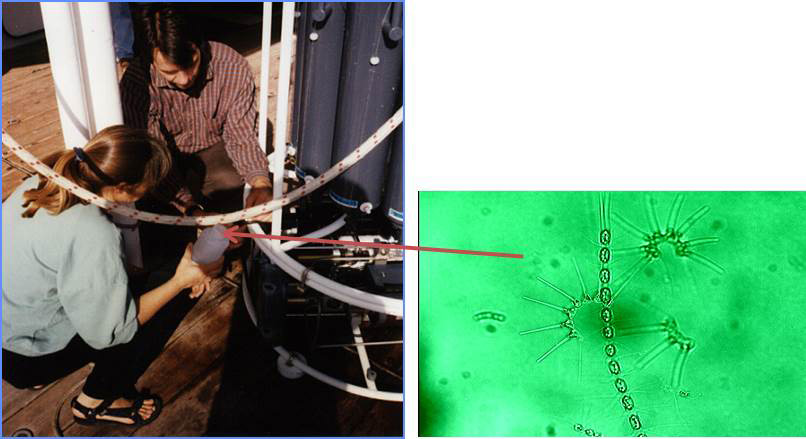
The DOE Isotope Program restores an important inventory of the radioisotope silicon-32 (Si-32).
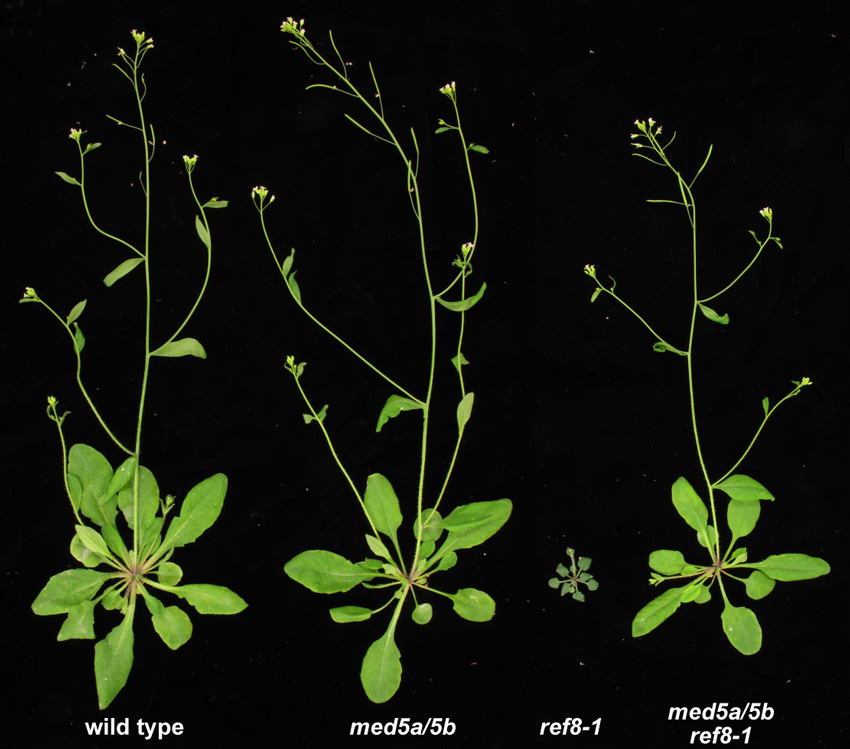
Research points to more efficient and lower cost routes to high-yield biomass-derived renewable fuels.
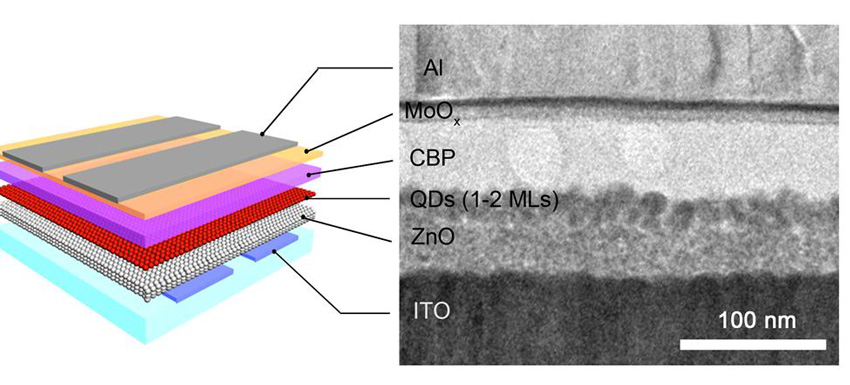
Nanoscale engineering boosts the performance of quantum dot light emitting diodes.
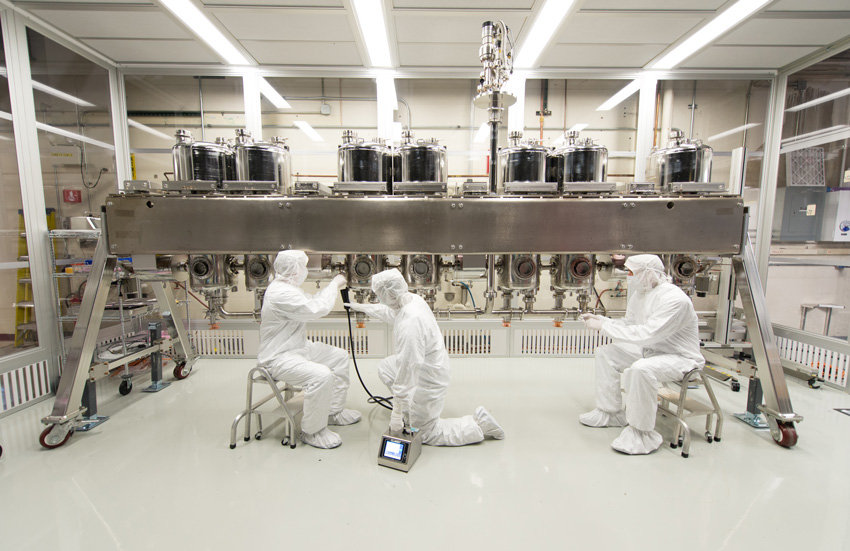
Argonne superconducting radiofrequency technology boosts a variety of applications.
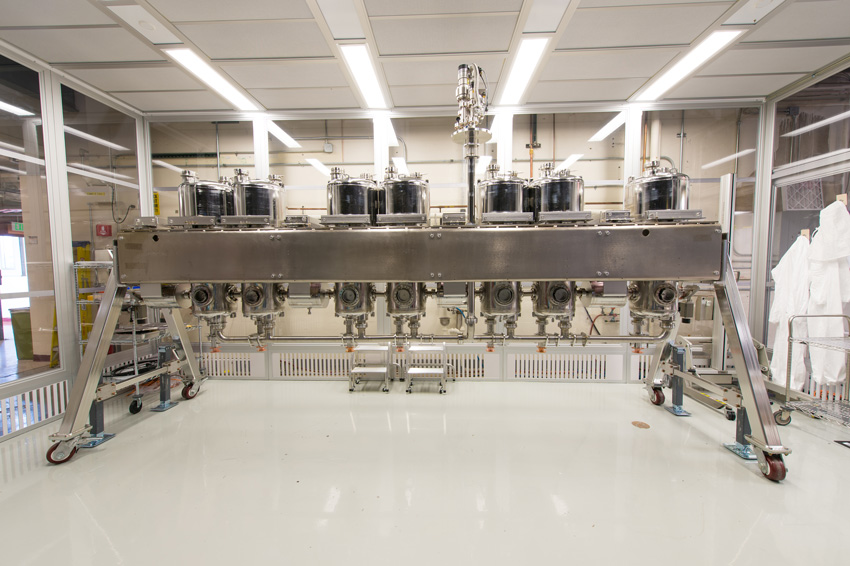
Argonne’s new superconducting cryomodule enhances its ATLAS heavy-ion accelerator.
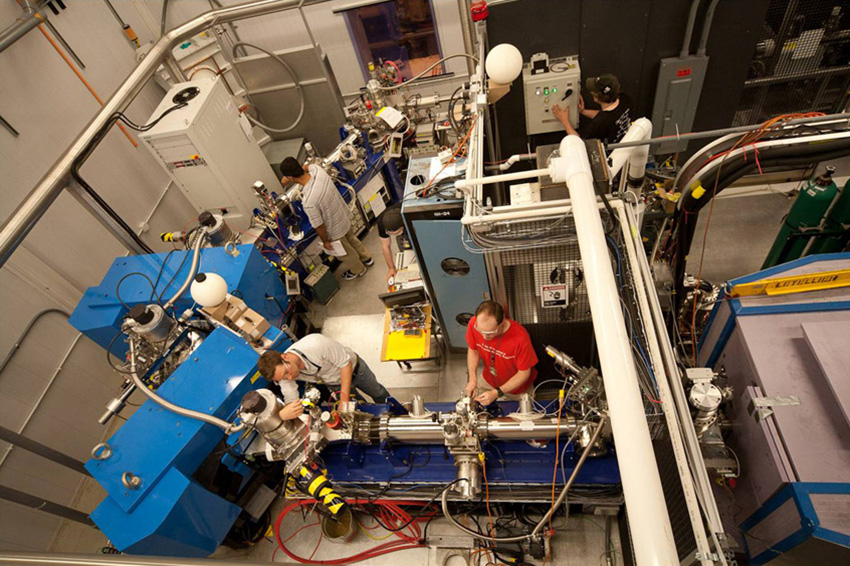
First measurements of isotopes produced by Argonne’s new CARIBU facility provide insight into the creation of the elements in the universe.

The effect of pollution aerosols on monsoons.

Adding platinum atoms tunes the color of emitted light.
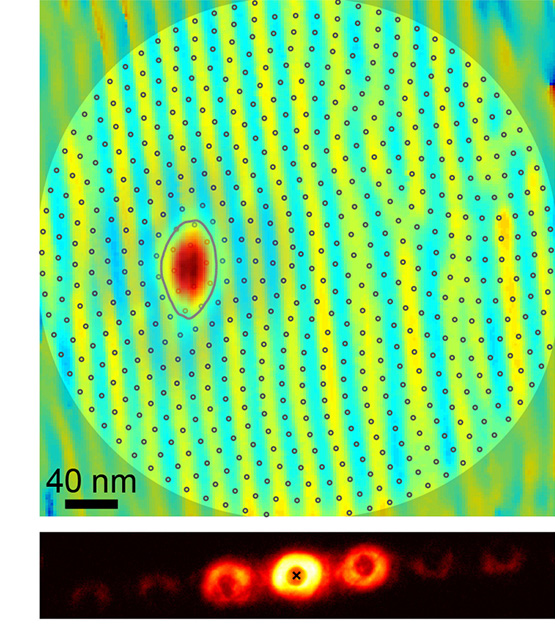
Researchers have invented a new x-ray imaging technique that could reveal key atomic-scale properties in ferroelectric magnetic materials.
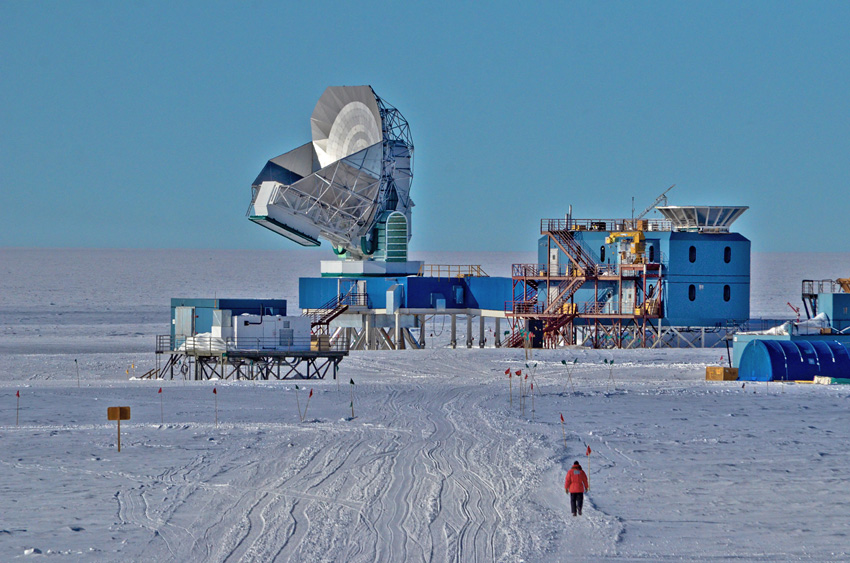
Detection of subtle polarization patterns in the Cosmic Microwave Background opens a new window on fundamental physics and cosmology.